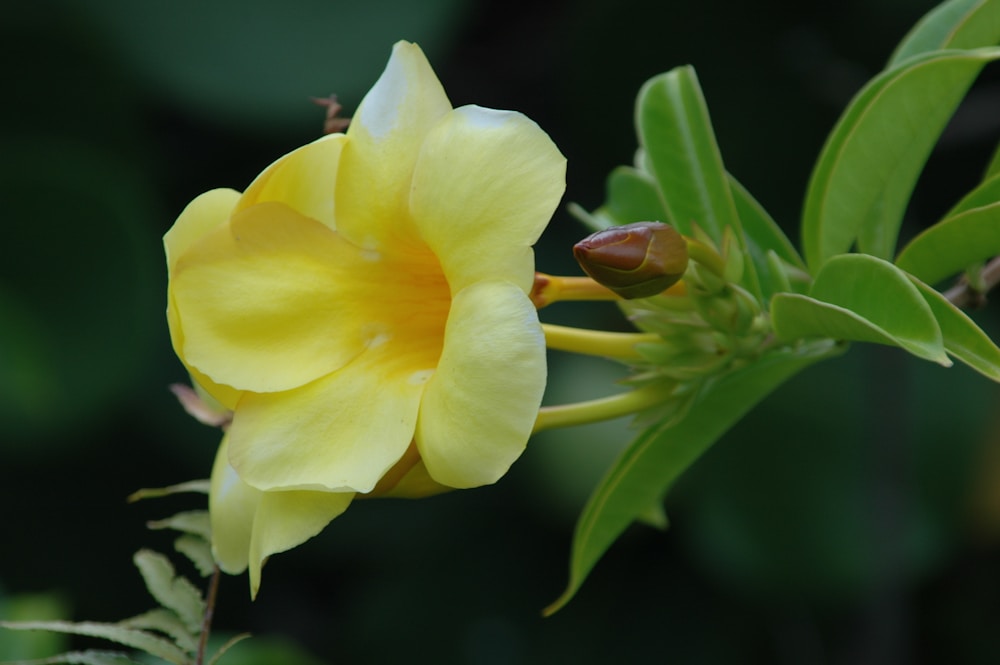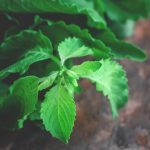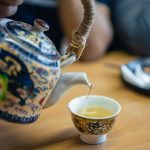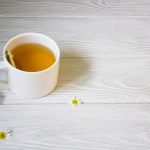Did You Know the Trumpet Flower Has Powerful Healing Properties?
The trumpet flower, admired for its large, vibrant, trumpet-shaped blossoms, is more than just a garden showpiece. In traditional medicine, this plant has been valued for centuries due to its unique healing compounds.
Known by different names across regions, the trumpet flower is used in folk remedies for ailments ranging from respiratory issues to skin conditions. However, it also contains toxic elements, so proper use is essential.
Table of Contents
What Is the Trumpet Flower?
The trumpet flower (scientifically classified under genera such as Brugmansia and Campsis) is a flowering plant native to tropical and subtropical regions. Its striking blooms are often seen in shades of white, yellow, orange, and pink. While gardeners cultivate it for its beauty, herbalists and traditional healers have long explored its medicinal value.
Medicinal Uses of Trumpet Flower
Traditional Healing Applications
In various cultures, trumpet flower extracts and infusions have been used as natural remedies. Some key applications include:
- Pain Relief – Certain preparations made from trumpet flower parts have been applied topically to ease muscle and joint pain.
- Respiratory Aid – Folk healers have used trumpet flower infusions to manage asthma, bronchitis, and coughs.
- Skin Treatment – Crushed leaves or flower extracts were historically applied to wounds and infections to promote healing.
- Anti-inflammatory Benefits – Compounds within the plant have been studied for their potential in reducing inflammation.
Important Safety Note
While trumpet flower has recognized medicinal properties, it also contains alkaloids that can be toxic if misused. Self-medication without professional guidance can lead to serious health risks, including hallucinations, nausea, and poisoning. Always consult a qualified herbalist or healthcare provider before using trumpet flower remedies.
Active Compounds in Trumpet Flower
The medicinal potential of trumpet flower is linked to its bioactive compounds, such as:
- Scopolamine – Traditionally used in controlled doses to treat motion sickness and nausea.
- Atropine – Applied in modern medicine to dilate pupils and treat certain heart conditions.
- Hyoscyamine – Known for its antispasmodic properties.
These compounds are powerful and highlight why professional oversight is crucial when using trumpet flower medicinally.
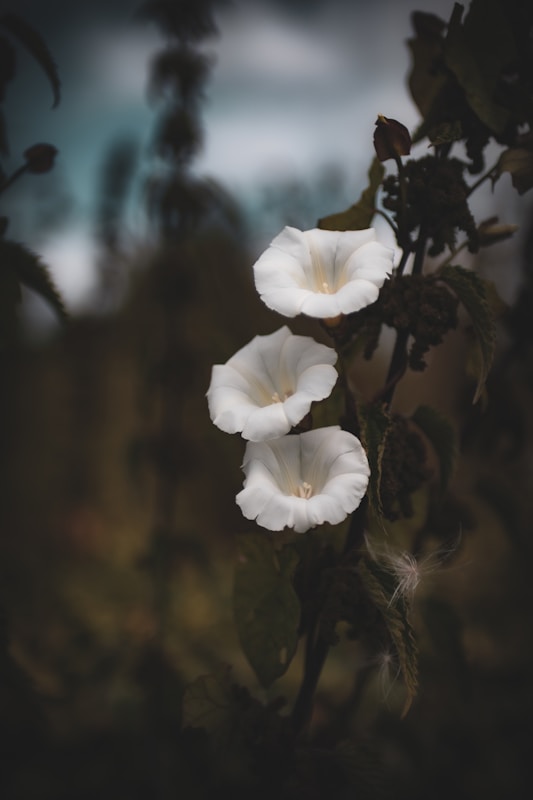
Trumpet Flower in Modern Herbal Medicine
Although largely replaced by safer alternatives in conventional medicine, trumpet flower extracts are still studied for pharmaceutical research. Modern herbalists focus on controlled, diluted preparations to ensure safety. Research continues into its potential applications for:
- Neurological disorders
- Muscle relaxation
- Anti-inflammatory therapies
Cultural and Spiritual Uses
Beyond medicinal applications, trumpet flowers have spiritual significance in many traditions. They are sometimes used in rituals and believed to have protective or cleansing properties. Their fragrant blooms are often associated with purification and transformation.
FAQs About Medicinal Uses of Trumpet Flower
Q1: Is trumpet flower safe for home remedies?
Not entirely. While traditional medicine uses trumpet flower, it can be toxic if not handled correctly. Always seek guidance from a healthcare professional.
Q2: Can trumpet flower help with asthma or cough?
Historically, it has been used in folk remedies for respiratory relief, but modern medicine advises caution due to toxicity. Safer herbal alternatives may be preferable.
Q3: What parts of the trumpet flower are used medicinally?
Leaves, flowers, and seeds have been used in traditional preparations. However, all parts contain alkaloids that can be harmful.
Q4: Are there modern pharmaceutical uses of trumpet flower?
Yes, alkaloids like atropine and scopolamine derived from related plants are used in medicine under strict supervision.
Q5: Can trumpet flower be grown safely at home?
Yes, but caution is advised, especially around children and pets, since all parts of the plant are toxic if ingested.
Final Thoughts
The trumpet flower is a fascinating example of how nature provides both beauty and healing power. Its medicinal uses, rooted in tradition, reveal its potential as a natural remedy. However, safety must always come first, as improper use can be harmful. If you are curious about herbal remedies, it’s best to consult a professional for safe alternatives.
Call to Action
Interested in learning more about natural remedies and medicinal plants? Explore more insightful articles on The Planttube Blog, where we uncover safe, research-backed ways to harness nature’s healing power. For deeper scientific details on trumpet flower compounds, visit National Center for Biotechnology Information (NCBI).

